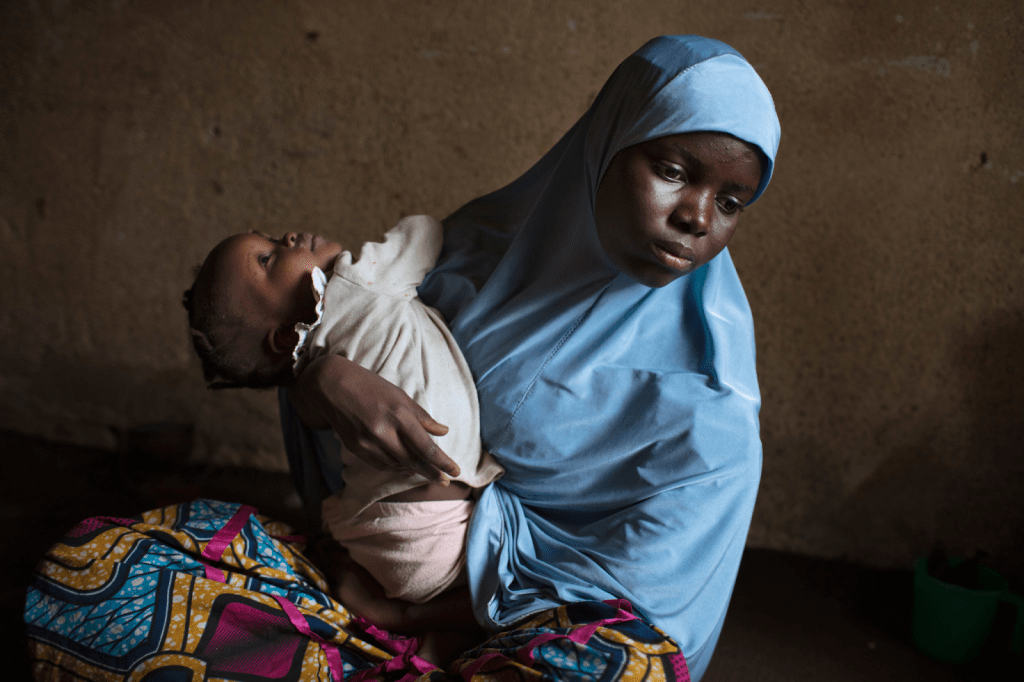Nigeria: the world’s deadliest place to give birth

Childbirth in northeast Nigeria has become increasingly dangerous, with women facing some of the highest risks in the world, Africa News reported via Associated Press on August 26th.
The area, deeply impacted by years of Boko Haram violence, now faces collapsing healthcare systems, dwindling humanitarian support and increasing insecurity. These factors have left expectant mothers with very restricted access to essential medical care.
Aisha Muhammed, a mother of twins from Konduga, described the barrier she faces, “A lack of good hospitals is our problem, as well as a lack of workers, medication and doctors that can treat us. A lack of access to the road from Konduga to Maiduguri in the night time to visit the hospital is also a problem,” she explained.
Her experience reflects the broader struggles women face when seeking healthcare in Nigeria.
Data from the World Health Organisation highlights the scale of the crisis. In 2023, Nigeria recorded at least 75,000 maternal deaths, representing more than a quarter of the global total. Statistics show that 1 in every 100 Nigerian women dies during childbirth, making the country the deadliest in the world for mothers.
Borno State is among the hardest hit. Daily attacks from Boko Haram have left hospitals destroyed and healthcare professionals scarce. Many towns have effectively become militarised zones, restricting access to vital services.
Boko Haram, active since 2009, has killed tens of thousands and displaced over two million Nigerians.
“The reproductive health needs for women and girls is very critical, especially in deep field locations,” said Dr. Fanya Fwachabe, Sexual and Reproductive Health Manager at the International Rescue Committee.
Funding cuts are worsening the humanitarian crisis. U.S. aid has dropped, and Nigeria slashed its family planning budget by 97 percent for 2025. The World Food Program warns that dwindling support could empower groups including Boko Haram, while experts say the fragile healthcare system risks collapsing without immediate help.
Falmata Muhammed, who lost her baby in 2021 while trying to reach Maiduguri for help, still faces grave risks. Now pregnant again, she lives in a town where the only hospital was destroyed in 2020 and replaced with a poorly equipped mobile clinic.
With resources limited and access blocked by insecurity, the prospects for safe motherhood in northeast Nigeria remain extremely grim.
Africa News via Associated Press, World Health Organisation, Maghrebi.org
Want to chase the pulse of North Africa?
Subscribe to receive our FREE weekly PDF magazine











